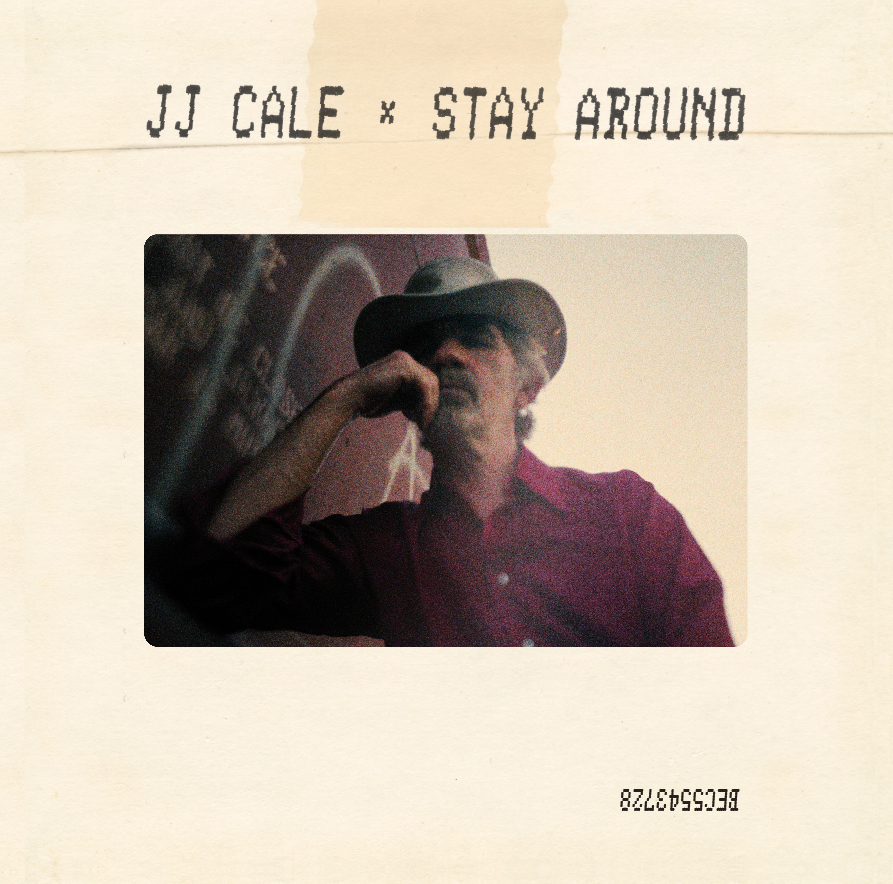After Cale passed away in 2013, to honor his legacy, Clapton gathered a group of like-minded friends and musicians for The Breeze, An Appreciation of JJ Cale, released July 29, 2014 (three days after the anniversary of Cale’s passing). With performances by Clapton, Mark Knopfler, John Mayer, Willie Nelson, Tom Petty, Derek Trucks and Don White as well as David Lindley, David Teegarden, Jamie Oldaker, Greg Leisz, Nathan East, Albert Lee, Jim Keltner and Cale’s wife, Christine Lakeland Cale, the album is named for Cale’s 1972 single “Call Me The Breeze”. The album features fifteen Cale originals, including three previously unreleased tracks, plus a cover of Ray Price’s “I’ll Be There (If You Ever Want Me)”, which Cale had recorded on his Okie album. Eric also created a very special tribute within a tribute by starting the new album with “Call Me The Breeze”, which was also the first track on Cale’s debut record. Eric then made it that much more special by using Cale’s original 1971 recording of the count-in to the song before Eric and Albert Lee segue into their new version.
In a July 2014 NPR interview about The Breeze, Clapton discussed his own playing when drawing on Cale's unique style:
I wanted to... try to find a way to make it minimal, but still have a great deal of substance. That was the essence of JJ’s music to me, apart from the fact that he summed up so many of the different essences of American music: rock and jazz and folk and blues. He just seemed to have an understanding of it all... I regard him as one of the roots of the tree of American folklore... Making this record was a way for me to say thank you for all the inspiration over the years. I suppose at some point I started to feel mildly outraged that he hadn't got the recognition that, at least I thought, he should have had.
Upon its release, the tribute album received immense media attention and worldwide commercial success, having entered the charts at #1 in The Netherlands, #1 Denmark, #2 in the US, #2 in Germany, #2 in Canada, #3 in the UK and #4 in Belgium. Clapton also produced a behind-the-scenes documentary for the tribute, which had multiple TV airings on both VH1 Classic and Palladia, and features interviews with Clapton, John Mayer, Mark Knopfler, Derek Trucks, Don White and Christine Lakeland Cale. In 2017, Clapton released Live in San Diego with Special Guest JJ Cale. The live concert was filmed in 2007 at a one-off performance by Cale, and also included guest musicians Derek Trucks, Robert Cray and Doyle Bramhall II.






